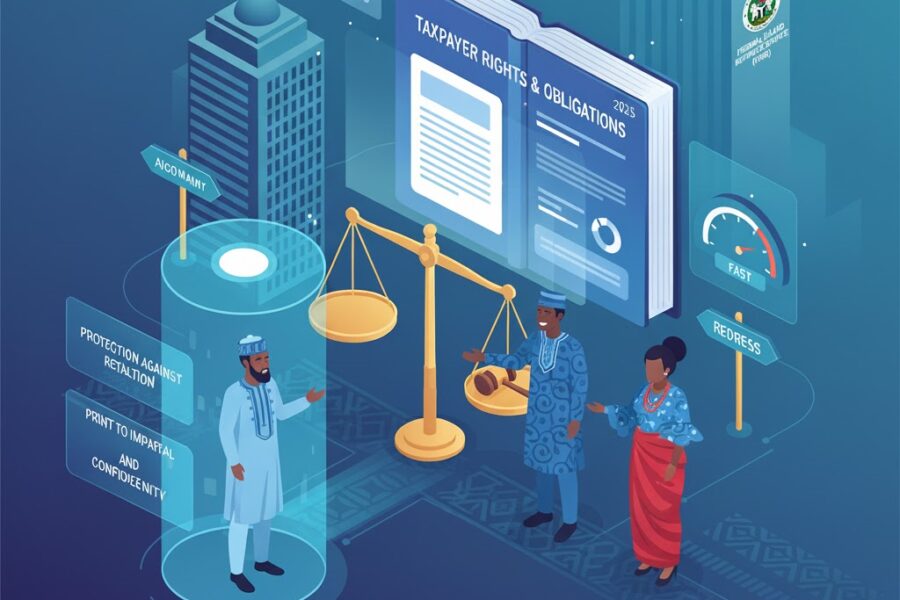Constitutional Analysis: Vehicle Tint Regulations and Privacy Rights in Nigeria By Edidiong James, LL.B (Hons.)
A Critical Examination of Privacy Rights and Vehicle Tint Permits in Nigeria’s Legal Framework
The intersection of personal privacy rights and government regulation has emerged as a contentious issue in Nigeria, particularly regarding vehicle tint permit requirements. This analysis explores the constitutional implications of these regulations and their impact on fundamental human rights.
Understanding Privacy as a Constitutional Right
Nigeria’s 1999 Constitution explicitly protects citizens’ privacy rights under Section 37, guaranteeing the privacy of citizens’ homes, correspondence, and communications. The Lagos State High Court has further defined privacy as an area of autonomous development free from arbitrary state intervention.
The legal scholar Olomojobi emphasizes privacy as essential for protecting individual affairs from both public and state intrusion, positioning it as a fundamental necessity rather than a privilege.
Historical and Religious Context
The concept of privacy has deep historical and religious roots. The biblical narrative of Adam and Eve provides one of the earliest recorded instances of privacy as a natural human need, where the divine response to their desire for covering suggests an inherent right to privacy. This fundamental need has evolved through human innovation, from architectural developments to automotive design.
Legal Precedents and Constitutional Implications
Significant legal precedents reinforce the importance of privacy rights:
– The U.S. Supreme Court case Pierce v. Society of Sisters established limits on state control over private decisions – In Medical and Dental Practitioners Disciplinary Tribunal v. Okonkwo, Nigeria’s Supreme Court affirmed individual autonomy and privacy rights, particularly in personal decisions
Current Regulatory Concerns
The requirement for vehicle tint permits in Nigeria raises serious constitutional questions. This regulation effectively transforms an inherent right into a state-granted privilege, potentially violating Section 37 of the Constitution. It represents a concerning shift toward prioritizing state control over constitutional rights.
Recommendations and Conclusions
The current vehicle tint permit system requires urgent reform to align with constitutional principles. New legislation must balance legitimate security concerns with fundamental privacy rights. Until such reforms occur, the existing regulations remain constitutionally questionable.
The protection of privacy rights should not require state permission. As a fundamental right recognized by the Constitution, privacy deserves stronger protection and recognition in Nigeria’s legal framework.







Leave a Comment